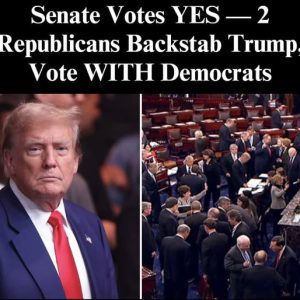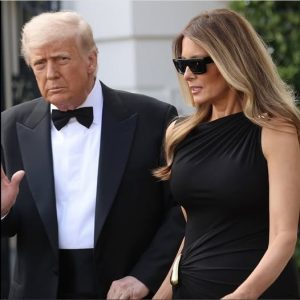The Arctic Frost controversy has erupted into a major political scandal, with Senate Republicans accusing the Biden administration’s Department of Justice of using national security powers to surveil conservative figures and organizations. Led by Senators Marsha Blackburn (R-TN) and Ted Cruz (R-TX), the lawmakers claim newly released documents provide “undeniable proof” that Special Counsel Jack Smith oversaw an investigation that expanded far beyond its initial scope. Originally launched to examine Donald Trump’s post-2020 election activities, the inquiry allegedly evolved into a broad intelligence-gathering effort targeting right-leaning media, advocacy groups, and individuals.
According to the allegations, U.S. District Judge James Boasberg, a former head of the Foreign Intelligence Surveillance Court, authorized secret warrants that allowed federal agencies to collect sensitive data—including encrypted messages, donor information, and financial records. Leaked memos reportedly reveal that groups supporting election audits, stricter border security, and opposition to pandemic mandates were swept into the program. Critics argue that Arctic Frost represents a dangerous expansion of surveillance powers, turning national security tools against political dissenters and undermining constitutional rights.
Republicans have demanded full transparency from Attorney General Merrick Garland, calling for all Arctic Frost records to be declassified and reviewed by an independent prosecutor. They warn that the program mirrors earlier controversies involving the misuse of FISA warrants, suggesting a broader pattern of politicized law enforcement under the Biden administration. Meanwhile, Democrats defend Arctic Frost as a lawful counterintelligence effort designed to protect election integrity and prevent extremist threats.
As investigations unfold, the scandal has reignited a national debate over privacy, accountability, and the limits of executive power. With both parties trading accusations of partisanship, Arctic Frost threatens to deepen distrust in federal institutions. Whether it exposes genuine abuse or political theater, the controversy may become one of the defining tests of transparency and civil liberties in the Biden era.




